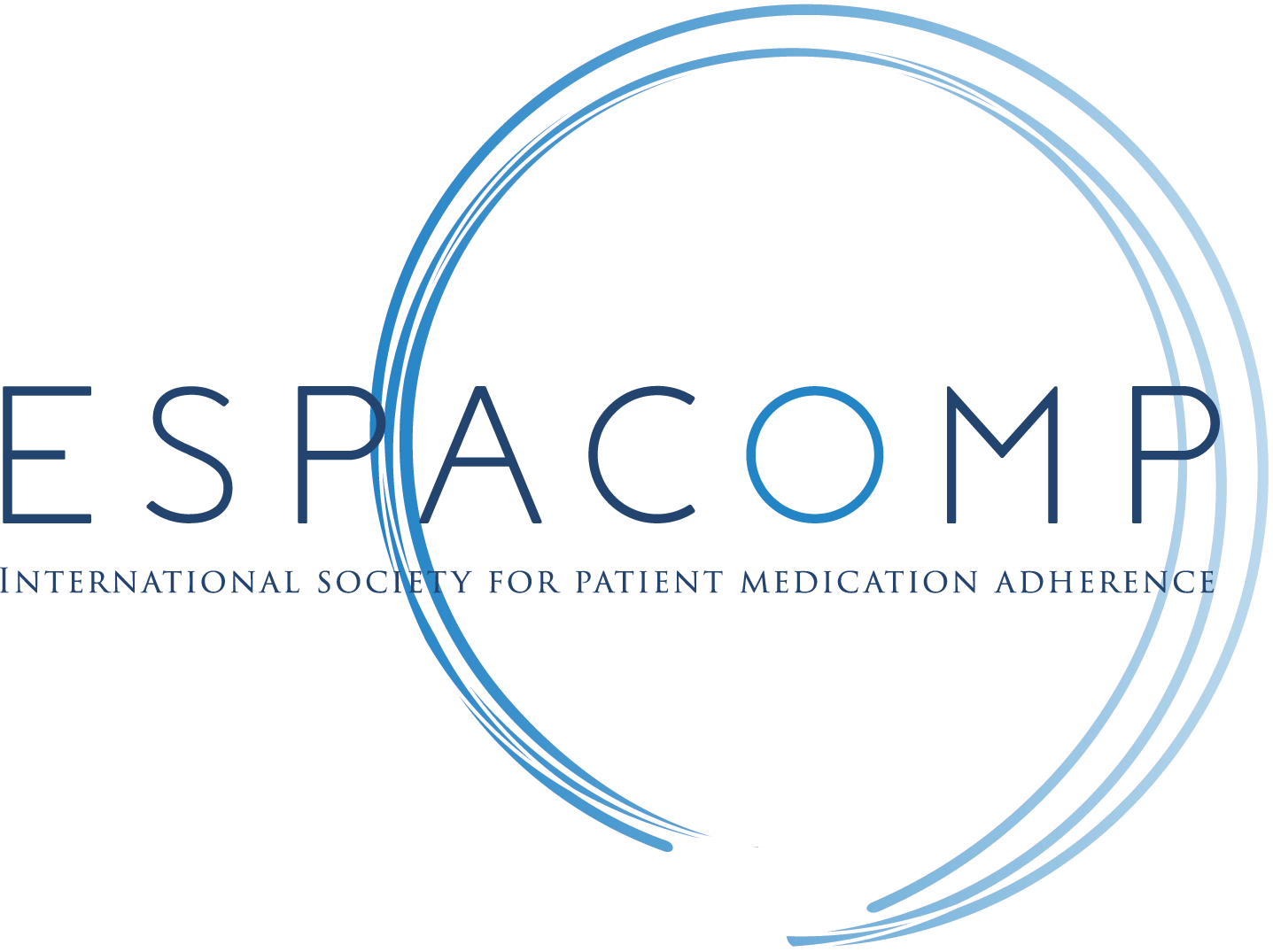Who is… Leah Zullig
Talking about medication adherence with the Member of Duke Cancer Institute, Associate Professor in Medicine and Population Health Sciences, PhD Leah Zullig. Her main focus as an implementation scientist is on how to translate things developed in academia into practical solutions that have potential to help patients. In her free time she loves to scuba-dive, run and play with dinosaurs with her pre-school daughter.
What is your connection to ESPACOMP?
Several years ago I was invited by a mentor to present a lecture at an ESPACOMP conference. During the conference I was struck by the intense focus on adherence, the comradarie and collaboration across diferent types of stakeholders from different countries – I felt that this really resonates with me. The community was really interesting and I got hooked immediately! At first I started working with implementation science group and later also the EMERGE adherence reporting guidelines group.
What kind of medications or aspects of medication adherence have you studied as a researcher?
Most of the work I do is with cancer survivors, who have multiple chronic conditions. Many are older and have polypharmacy, for example taking medications for their cancer and cardiovascular disease-related comorbid conditions. I study how new diagnosis, like that of cancer, can change the way a person takes their medication. Adherence is important, as is implementing programs to support patients in taking their medications, because many survivors live well beyond their cancer and also maintain secondary well-being!
Let’s reflect on what caused you to study adherence.
When we talk about implementation, I see a lot of good work being done in academia, for example behavioural interventions and successful trials. While we need strong trials, I felt frustrated that often new discoveries are not implemented to help society. I wanted to make the solutions feasible and practical in real world. The question was – how to develop something supporting adherence, using existing medical teams?
What do you think has been the most important finding or development regarding understanding medication adherence in the last decade?
That’s a great question! First I would mention ABC taxonomy, as adherence is not just one particular thing, rather a constellation of different behaviors. It is also important to keep in mind that solutions need to be contextually-specific – it can be hard to initiate people who do not use their medications correctly. Interventions need to be considered earlier in the pipeline of science.
What are you currently working on?
I am working on pragmatic and adaptive trials, which include patients that are newly diagnosed with cancer – how they use medications and which are the ways of improving their adherence regarding cardiovascular diagnoses. I currently work with patients and medical specialists, for example primary care providers. It really takes a holistic team approach and we also work on how to get the best use of electronic health data.
What do you think are important future directions in adherence research?
I think that non-adherence is an increasing problem. People are relying more and more on medications and the ideas created by scientists need to be implemented into society.
Categories
- Annual Meeting (9)
- Collaborations (5)
- Other meetings (2)
- Policy Brief (1)
- Publications (12)
- Uncategorized (5)
- Who is … (5)





